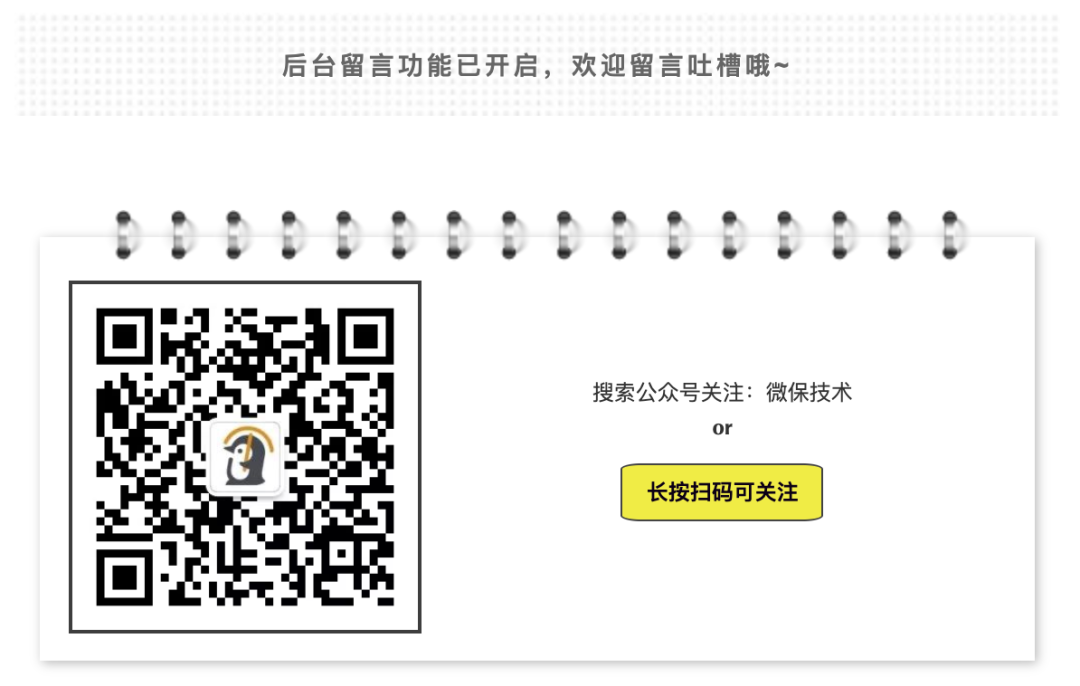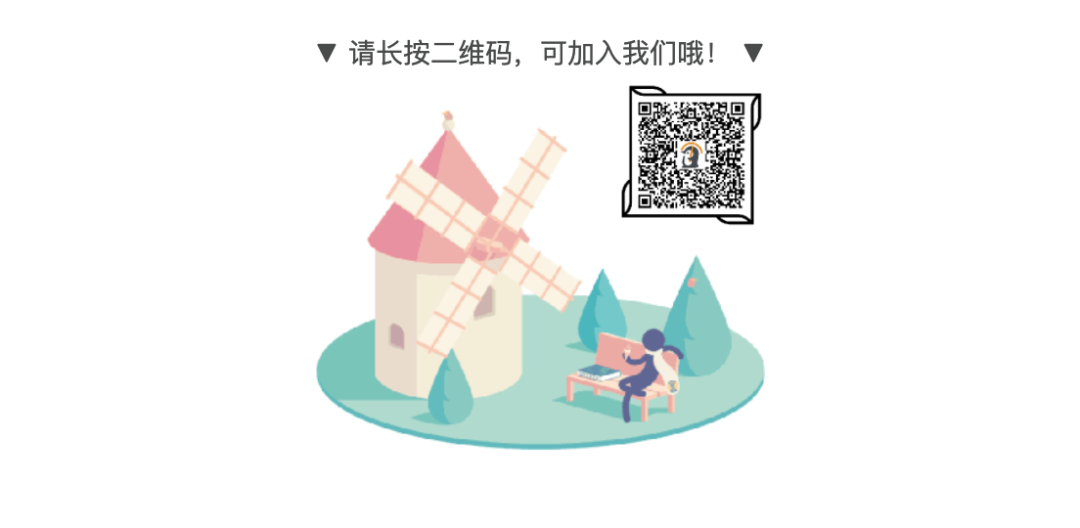作者:andorccao 曹灿
编辑:mavisxlmeng 蒙雪莲
复制
在大规模微服务架构当中如何快速观察线上运行情况并识别故障?通常我们靠在线监控上报来实现,并且由于其主业无关性,通常用开源中间件是个高效的选择。微保主要使用prometheus进行监控和告警。
在大规模微服务架构当中如何快速观察线上运行情况并识别故障?通常我们靠在线监控上报来实现,并且由于其主业无关性,通常用开源中间件是个高效的选择。微保主要使用prometheus进行监控和告警。
1
背景
在大规模微服务架构当中如何快速观察线上运行情况并识别故障?通常我们靠在线监控上报来实现,并且由于其主业无关性,通常用开源中间件是个高效的选择。微保主要使用prometheus进行监控和告警。
Prometheus采集数据有pull或push两种方式。pull模式是服务端主动向客户端拉取数据。push模式是客户端使用脚本通过pushgateway插件将数据提交给服务端。微保默认情况下会使用pull模式,只有在少数短时间上线服务或者不方便pull的场景使用push模式推送metrics给prometheus server。
本文主要介绍在高并发场景下,我们碰到了一个prometheus系统bug及其调试和解决过程。
2
发现问题
weblog是我们的一个后台服务(go开发),主要用于收集前端请求日志,进行格式化处理后保存到磁盘。该服务同时会提炼监控指标通过prometheus client组件缓存,prometheus 监控系统会每30秒定时pull metrics以生成监控视图。
某次weblog服务发布新版本以后,prometheus监控系统检测到相关核心指标异常。定位发现是采集返回报错,weblog服务的所有指标无法正常被采集,错误日志如下图。
An error has occurred during metrics collection:collected metric weblog_time label:<name:"appID" value:"" > label:<name:"cma" value:"" > label:name:"code" value:"" > 1abel:<name:"event" value:"custom" > label :<name:"httpStatus" value:"" > label:name:"httpStatus" value:"" > label:<name:"ifFirst" value:"" > label:name:"message" value:"pageLoad" > label:<name:"msg" value:"" > label<name:"num" value:"" >label:<name:"pageID" value:".*mall. *productDetail" > label:<name:"source" value:"" > label:<name:"timeName" value:"resource_cost_ms" > label:<name:"ua" value:"" > histogram:<sanple_count:243372 sanple_sum:4.762622828805921e+09 bucket:<cumulative_count:58815 upper_bound:0.005 > bucket:<cumulative_count:106019 upper_bound:0.01 > bucket:<cumulative_count:160479 upper_bound:0.025 > bucket:<cumulative_count:197994 upper_bound:0.05 > bucket:<cumulative_count:222643 upper_bound:0.1, bucket:<cumulative_count:233694 upper_bound:0.25 > bucket:<cumulative_count:239032 upper_bound:0.5 > bucket:<cumulativ_count:241622 upper_bound:1 > bucket:<cumulative_count:242917 upper_bound:2.5 > bucket:<cumulative_count:243219 upper_bpund:5 > bucket:<cunmulative_ count:243322 upper_bound:10 > > has label dimensions inconsistent with previously collected metrics in the same metric family
3
解决问题
3.1 信息收集
观察上面采集的报错信息,可以发现上报了两个重复的label: httpStatus,怀疑是使用方动态传参时输入重复的label。然而经过检查上报实现代码:
func init() {var labelTime = []string{"cmd","appID", "pageID", "event", "elementID", "message", "ua", "ifFirst", "httpStatus", "code", "msg", "source", "num", "timeName"}configHistogram = prometheus.NewHistogramVec(prometheus.HistogramOpts{Name: "weblog_time",Help: "config配置的耗时指标",Buckets: prometheus.DefBuckets,}, labelTime,)prometheus.MustRegister(configHistogram)}func ReportTime(t float64, labelsTimeValue map[string]string) {if t != 0 {configHistogram.With(labelsTimeValue).Observe(t)}}复制
初始化label没有重复,report使用的map结构体也不会出现重复的label。看来业务出问题的可能性比较小。
3.2 初步分析
1.对比本次发布新增指标与原有版本的差异,未发现异常,且新旧指标没有逻辑差异。关键是旧指标已经正常运行2年
2.对比依赖库版本,未发现更新
3.注释ReportTime上报逻辑,观察一天后(采集异常平均每天出现两次),没有复现
4.在测试环境模拟压测,未复现
可以看到业务代码非常少,且复现概率较低,判断有可能是prometheus开源组件的缺陷导致。
3.3 深入跟踪
3.3.1 根据唯一的错误关键字查找google上类似问题
label dimensions inconsistent with previously collected metrics in the same metric family复制
大部分建议方法是升级版本。但新版本对proto依赖版本有要求,短期内不太适用,同时我们也想了解问题的根源。
3.3.2 对比client_golang版本
https://github.com/prometheus/client_golang/commit/c06fb788be8a05442219295095ee0e51523802f0
在某个版本中已经去掉这段检查。
- if dimHash, ok := dimHashes[metricFamily.GetName()]; ok {- if dimHash != dh {- return fmt.Errorf(- "collected metric %s %s has label dimensions inconsistent with previously collected metrics in the same metric family",- metricFamily.GetName(), dtoMetric,- )- }复制
那么这个问题可以直接升版本解决。进一步发现,注释这段检查是规避了问题,但不能彻底解决。由于升级成本比较高,而且采集异常时,能通过重启恢复。所以我们打算深入分析问题所在。
3.3.3 梳理错误原因
梳理client_golang代码(下面的代码仅保留关键逻辑),整理一下报错的上下调用链关系。
func (r *Registry) Gather() ([]*dto.MetricFamily, error) {for _, collector := range r.collectorsByID {// A Metric models a single sample value with its meta data being exported to Prometheus.collector.Collect(metricChan)}for metric := range metricChan {dtoMetric := &dto.Metric{}metric.Write(dtoMetric)checkMetricConsistency(metricFamily, dtoMetric, metricHashes, dimHashes)}}func checkMetricConsistency(metricFamily *dto.MetricFamily,dtoMetric *dto.Metric) {// Make sure label pairs are sorted. We depend on it for the consistency check.sort.Sort(LabelPairSorter(dtoMetric.Label))dh := hashNew()for _, lp := range dtoMetric.Label {dh = hashAdd(dh, lp.GetName())}if dh!=dimHashes[metricFamily.GetName()] {return fmt.Errorf("collected metric %s %s has label dimensions inconsistent with previously collected metrics in the same metric family")}}复制
调用链为:定时采集->Gather()->checkMetricConsistency()->校验label的hash是否一致。hash不一致说明两次采集时label有变化。在下一次复现过程中,日志也验证dtoMetric.Label确实改变了。
那么接下来需要分析label为什么会变化,在哪里发生改变?
3.4 缩小目标
1.假设论证1:label在初始化阶段就发生变更。这个很好验证,加上详细日志打印最初的label。复现后确认初始化label未变化,假设不成立。
2.假设论证2:在某种场景下label有变化(比如高并发,指针引用)。这个比较难验证,我们分析调用链上下文,看到所有label都是复制,没有直接引用。正常情况采集端是每30s调用Gather接口,那么我们可以并发调用Gather接口来压测。压测后发现假设2成立,高并发情况下label确实发生了变化。
3.5 定点分析,反复验证
多次复现后,label的变化分为两种:重复label和乱序label。
源码中只有sort.Sort会对label进行修改。仍然分开验证。
将原label改为有序,按常规经验经过sort.Sort不会有变化。修改后去压测。结果失败,最终仍然会报错。
随机构造数据,单独高并发压sort.Sort函数,无序数据时确实会产生数据错乱,有序时一切正常。
对比1和2,有可能环境不同,数据不一致导致了不同结果。
接下来分析golang官方库sort.Sort代码。很快就发现了问题的根源。
func Sort(data Interface) {n := data.Len()quickSort(data, 0, n, maxDepth(n))}func quickSort(data Interface, a, b, maxDepth int) {for b-a > 12 { // Use ShellSort for slices <= 12 elementsif maxDepth == 0 {heapSort(data, a, b)return}maxDepth--mlo, mhi := doPivot(data, a, b)// Avoiding recursion on the larger subproblem guarantees a stack depth of at most lg(b-a).if mlo-a < b-mhi {quickSort(data, a, mlo, maxDepth)a = mhi // i.e., quickSort(data, mhi, b)} else {quickSort(data, mhi, b, maxDepth)b = mlo // i.e., quickSort(data, a, mlo)}}if b-a > 1 {// Do ShellSort pass with gap 6// It could be written in this simplified form cause b-a <= 12for i := a + 6; i < b; i++ {if data.Less(i, i-6) {data.Swap(i, i-6)}}insertionSort(data, a, b)}}复制
在数组长度小于等于12时,采用的插入排序,有序时不会交换数据;大于12时采用的快速排序算法,即使有序也会交换数据。而高并发下交换数据有可能导致数据错乱。
重新构造有序数据,并发压测sort.Sort函数,与分析一致,在数组长度大于12时数组元素错乱。这里也反向验证了旧的监控指标一直运行正常的现象,新增的指标label数量太多才会报错。
3.6 灰度发布验证
在不修改三方库的前提下,我们精简了label数量小于12个,灰度验证通过。
3.7 解决方案
1.业务层面限制,初始化的label数量小于等于12个时不会触发异常
2.升级client_golang版本,最新的版本已经彻底解决Sort并发调用的问题。
4
总结
这个缺陷隐藏的比较深,通过我们不断假设推论然后验证,最终找到问题的根源和解决方法。虽然过程些许曲折,花费不少时间,但收获很大。本文出现的是比较典型的高并发问题,希望解决思路能给大家带来帮助。








